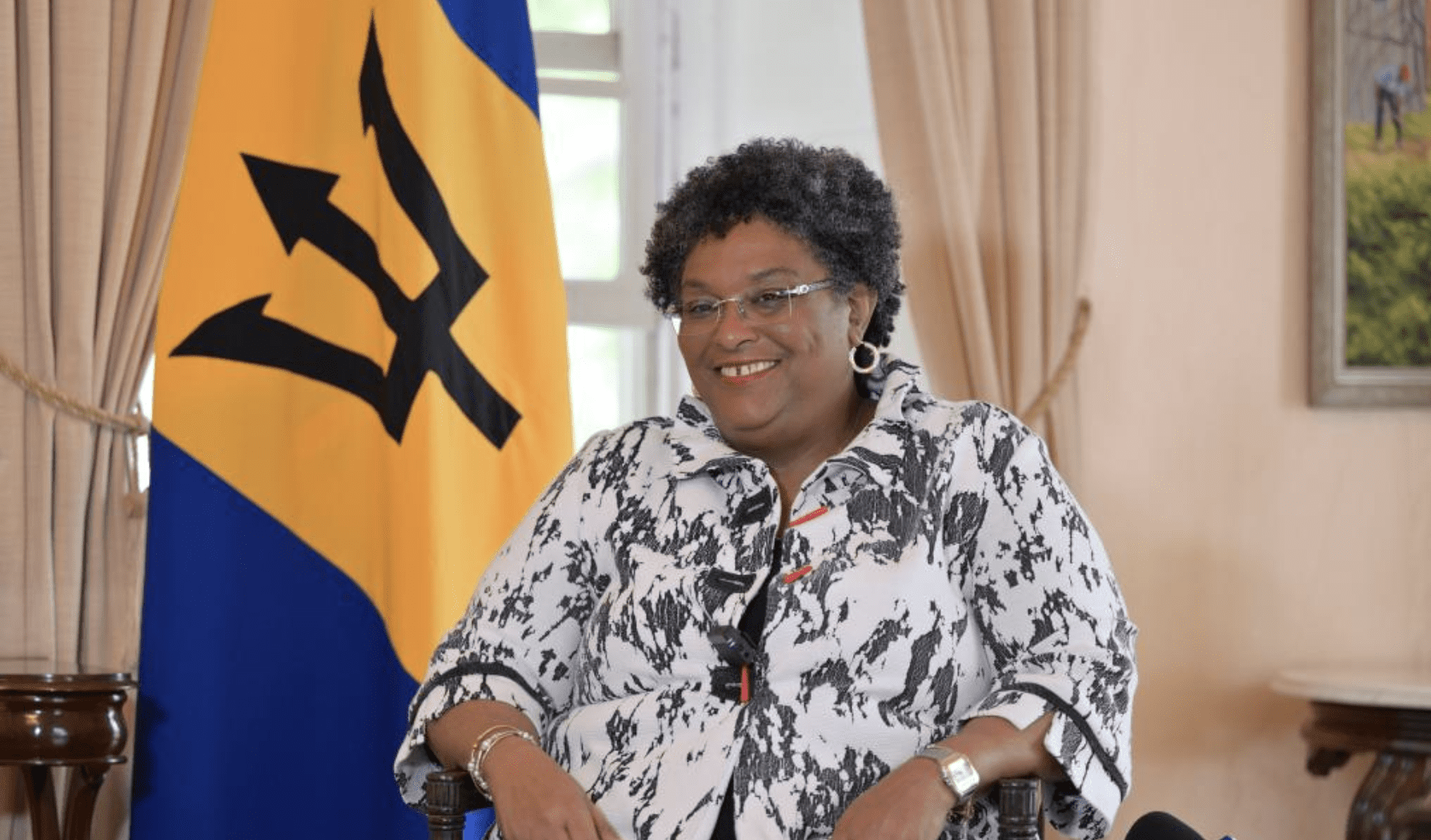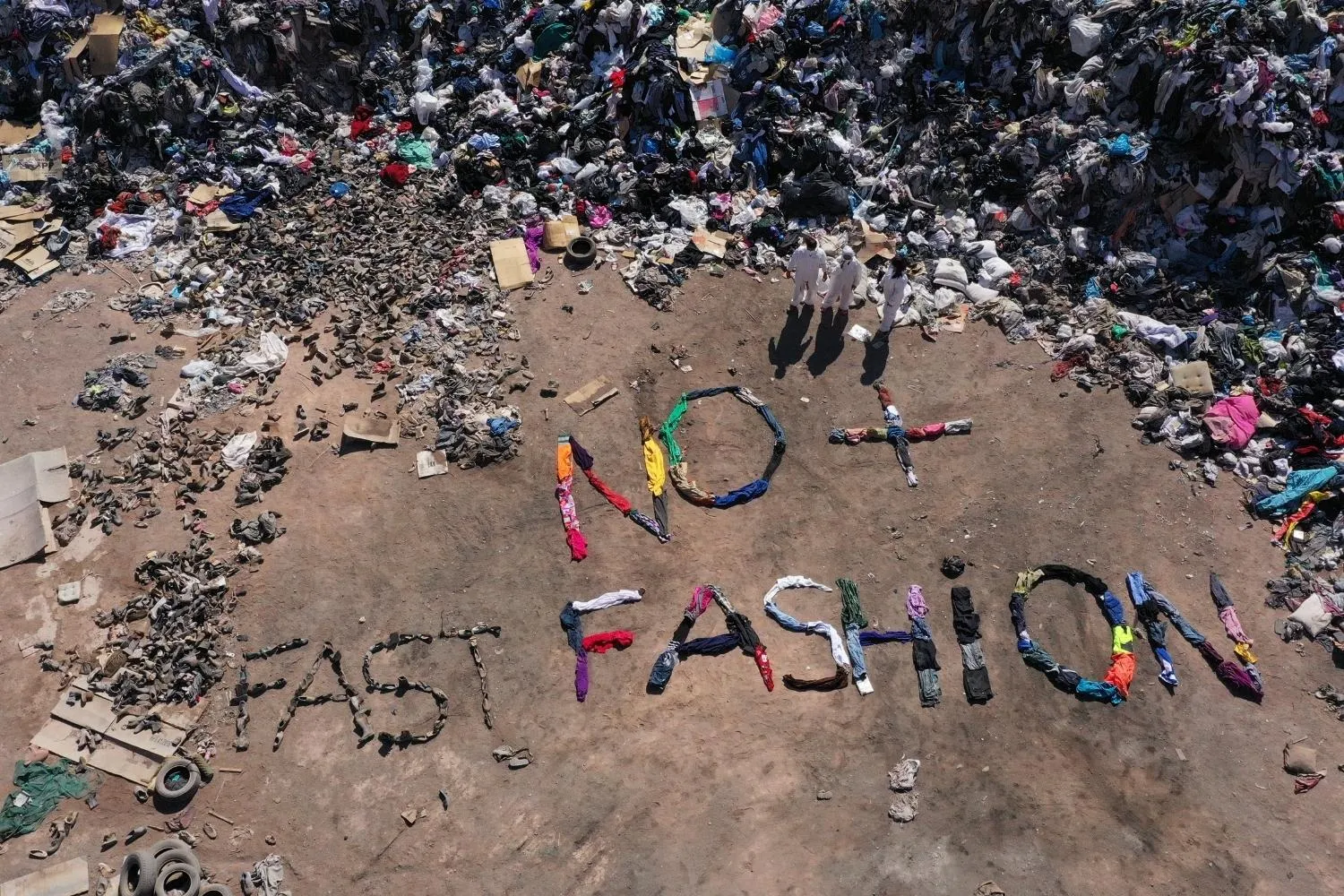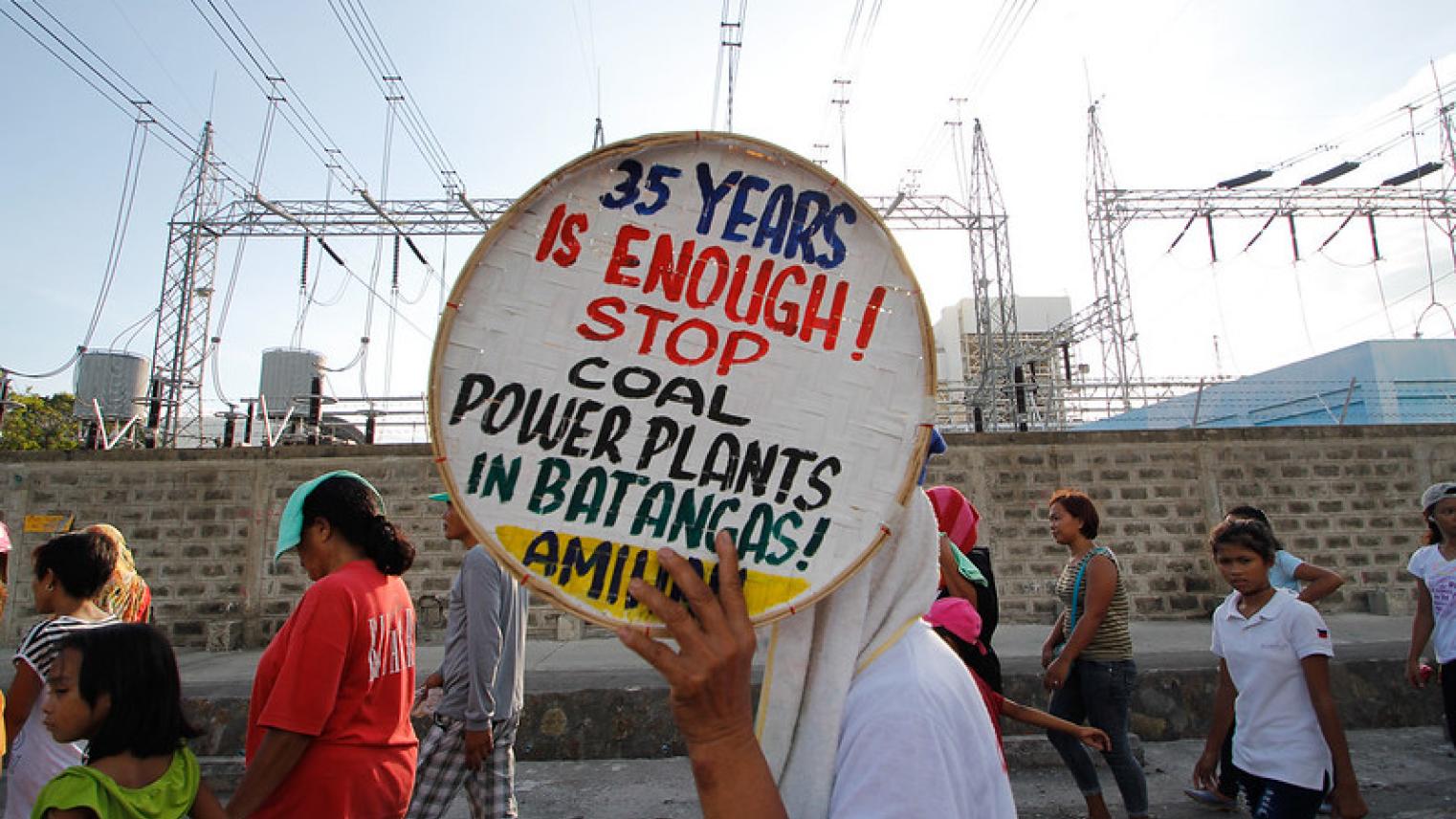Key Impact Points
- Only 15% of SDG targets on track: At the halfway point to the UN’s 2030 Agenda, progress on SDGs is alarmingly behind, with 37% of targets regressing.
- Corporate responsibility is crucial: 98% of CEOs agree it’s their role to ensure businesses contribute to sustainable development, but results have lagged behind commitments.
- Boards need to act: Boards must incorporate SDGs into their governance and executive incentives to accelerate progress toward global sustainability goals.
At the midpoint of the UN’s 2030 Agenda for Sustainable Development, business leaders and world governments are grappling with sobering statistics: only 15% of the Sustainable Development Goals (SDGs) are on track, and 37% of targets have either stalled or fallen behind the 2015 baseline. These setbacks are acknowledged in the boardroom, where nearly 90% of CEOs recognize that the SDGs are at risk of failure.
In a 2023 UN Global Compact survey, 94% of senior corporate leaders reported that they view the SDGs as a unifying global vision. Furthermore, 98% of CEOs affirmed their responsibility to make their businesses more sustainable—an increase of 15% from a decade ago. Despite this, many boardrooms have struggled to deliver on these commitments. Governance of sustainability has become a core responsibility, but without substantial action, these promises may ring hollow.
The Current State of SDGs in Business and Investment
The UN SDGs outline a comprehensive path toward a sustainable and resilient global economy. This framework has been adopted not only by governments but also by businesses and investors. The SDGs have become a universal language for sustainability. According to a report by the World Business Council for Sustainable Development, 94% of its members referenced the SDGs in their 2022 sustainability reports. Similarly, the telecom industry, through the Global System for Mobile Communications Association (GSMA), annually reports its collective impact on the SDGs.
Investors are also using the SDG framework to guide capital. Major financial institutions and corporations with assets totaling US$16 trillion have formed the Global Investors for Sustainable Development Alliance, aimed at unlocking long-term investments in support of the SDGs. However, despite these efforts, the funding gap for achieving the 2030 Agenda remains vast, totaling US$3.9 trillion in 2020.
Recent crises—such as the COVID-19 pandemic, geopolitical tensions, and climate-related disasters—have slowed progress toward the SDGs. Currently, only 30% of countries are on track to meet the goal of halving national poverty levels, and global temperature rise is expected to exceed 1.5 degrees Celsius. Without swift action, the economic disparity between developed and developing nations will likely worsen by 2030.
Pushing SDG Progress Forward in the Boardroom
Corporate boards play a critical role in driving progress on the SDGs. To make a meaningful impact, directors must integrate SDG targets into their companies’ environmental, social, and governance (ESG) policies. Boards need to assess both the positive and negative impacts of their businesses on the SDGs and implement a strategy that includes short- and long-term goals. These goals must be aligned with the SDGs, monitored regularly, and reported to investors and stakeholders.
Though progress is being made, there is still much to be done. In 2022, 40% of corporate boards received training on ESG issues, yet only 30% have a robust understanding of the risks and opportunities associated with these topics. Increasingly, board committees are incorporating ESG oversight into their charters. For example, audit committees are scrutinizing non-financial disclosures, while nomination committees are seeking ESG competencies in board candidates.
Linking executive compensation to sustainability targets is also gaining popularity. 50% of CEOs now have their compensation tied to sustainability goals, a sharp rise from 15% in 2021. Furthermore, the CFO Coalition, led by the UN Global Compact, encourages companies to embed SDG considerations into their investment decisions.
Rising Scrutiny and Expectations
Despite encouraging trends, the world remains off track to achieve the SDGs by 2030. The evolving ESG landscape, coupled with rising regulatory pressure in regions such as the EU, is driving a greater focus on sustainability reporting, due diligence, and sustainable finance. CEOs now recognize that their most important stakeholders include governments and the investment community, underscoring the growing importance of regulatory and investor expectations.
Closing the SDG gap requires two key actions: collecting accurate, credible data and ensuring transparent reporting on both the positive and negative impacts businesses have on the SDGs. With recent regulatory changes and the alignment of reporting frameworks, the ability of sustainable finance to scale and make a measurable impact on the SDGs is expected to improve.
Taking the Next Step: Accountability
A significant challenge remains: accountability. While 81% of business leaders believe their companies are contributing positively to the SDGs, 48% acknowledge that the private sector, as a whole, is falling short. Boards must take responsibility by setting measurable, ambitious targets, tracking progress, and publicly reporting outcomes. Although companies are moving in the right direction, there is still a long way to go.
Preparing for the 2024 UNGA
With the next major milestone being the 2024 United Nations General Assembly (UNGA), companies and leaders should begin preparing for the global discussions on SDG progress. For guidance on navigating UNGA, refer to our 7 Tips to Navigating UNGA to maximize your participation and align your business strategies with the upcoming global sustainability goals.
As businesses face growing scrutiny, it’s essential that they take the next step towards greater transparency, accountability, and action in achieving the SDGs.

 Follow SDG News on LinkedIn
Follow SDG News on LinkedIn











